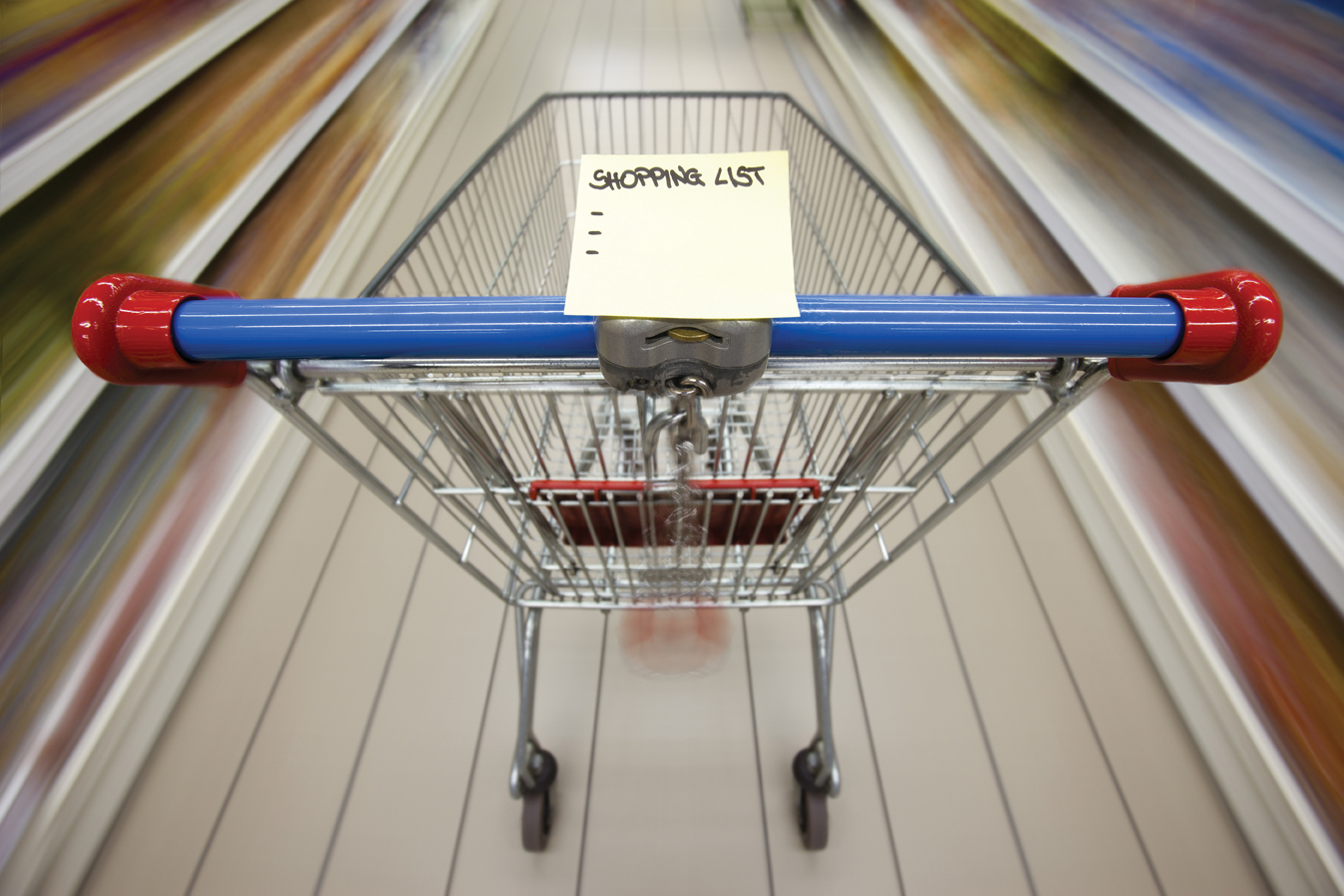Household Bills
False economies cost Brits £3.8bn

Brits are wasting as much as £3.8bn on money-saving deals that turn out to be a false economy.
A survey of 2,000 people by TopCashback found seven in 10 consumers have been fooled by a false economy, with a fifth falling victim at least once a month.
Half of those surveyed said they were most likely to experience false economies in supermarkets.
The main reason for buying into a false economy was fear of missing out on a good deal. But 16% of consumers said they found it too difficult to work out the maths.
Consumers are less likely to experience false economies while shopping online, the survey revealed.
Adam Bullock, UK director at TopCashback.co.uk, said: “Consumers may be experiencing false economies most often in supermarkets and larger chain stores because these are the places we tend to frequent the most. However, it could also be because it allows for less time for consumers to compare prices and research products.”
Common false economies
Some of the most common false economies include: paying the minimum on your credit card each month, lying on an insurance application to get a cheaper premium, and going abroad without travel insurance, according to research by GoCompare.
Not having your car serviced, shopping at £1 shops and multi-buy or 3 for 2 offers also featured on the list of top UK false economies.